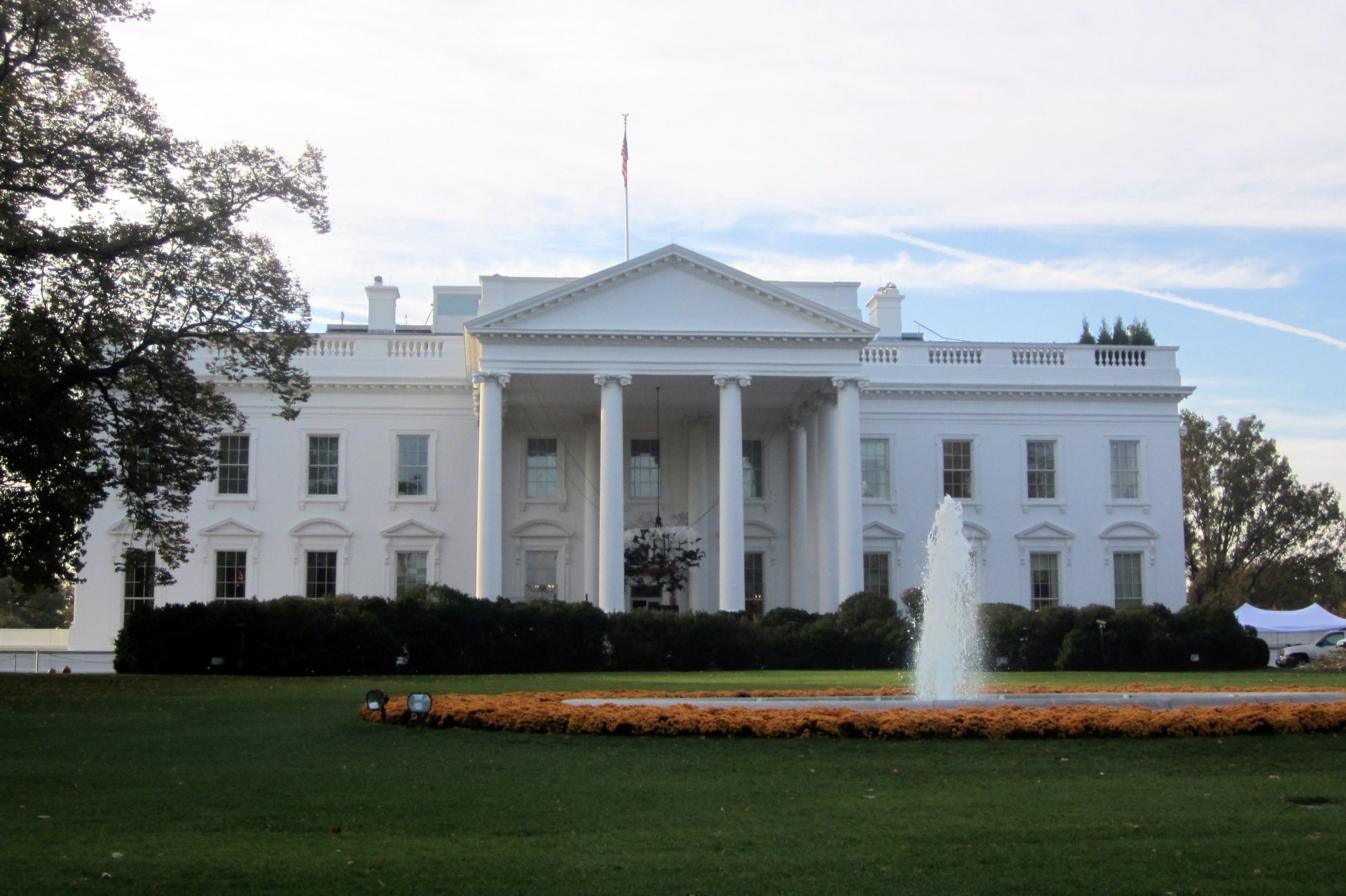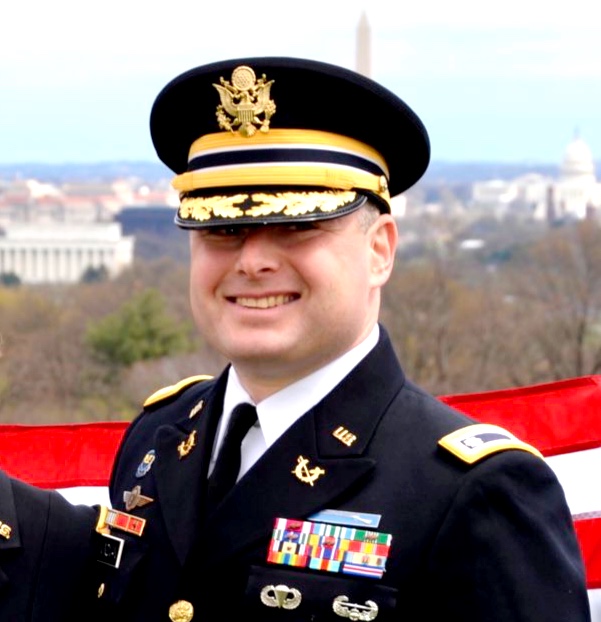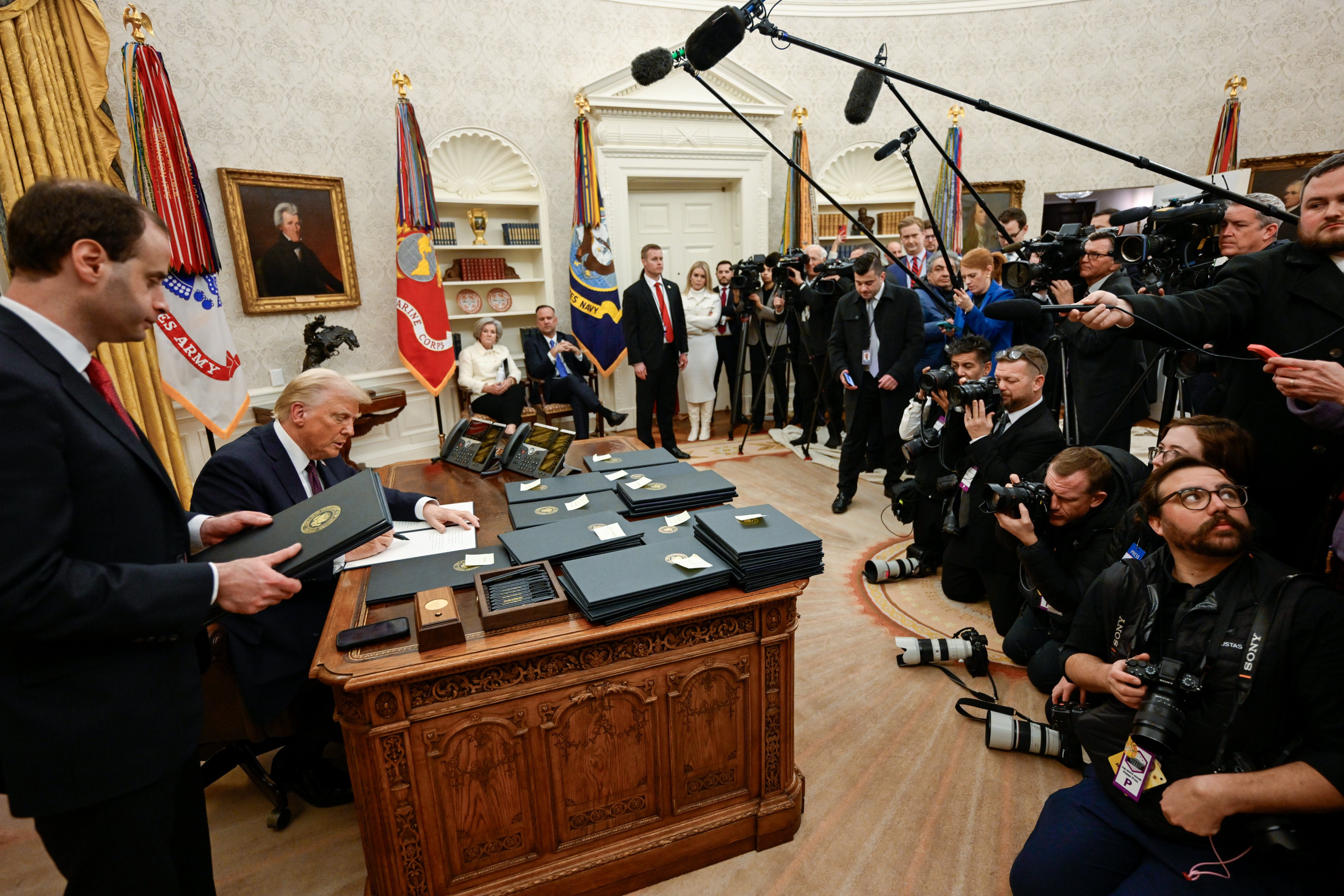A White House Inspector General for Accountability
The White House lacks an important mechanism for accountability, documenting wrongdoing and executing corrective action. A quasi-inspector general tasked with ensuring proper function of the staff and free from interference from other senior officials could offer a solution.

Published by The Lawfare Institute
in Cooperation With

The time has come to establish a mechanism for accountability inside the White House. The litany of reports recounting malfeasance in the Trump administration included Elaine Chao, Mike Pompeo, and senior White House staff like Ivanka Trump, Robert O’Brien, Robert Porter, Kellyanne Conway and Michael Flynn. Findings of misconduct, including the recent revelations of questionable foreign gifts, by Cabinet members Chao and Pompeo were well documented by internal inspector general investigations within their respective agencies. Not so for systematic wrongdoing by White House staff in the former administration. To the extent that these accounts exist, they come from news reports or other less direct examinations by external bodies like the Office of Special Counsel. The full extent of White House staff wrongdoing during the Trump presidency will never be known due to a lack of direct access to evidence and witnesses. Establishing a mechanism for investigation can provide future transparency, historical accuracy and a dissuasive pressure for would be wrong doers.
The Executive Office of the President, commonly known as the White House staff, is composed of subcomponents including the Office of Management and Budget, the National Security Council, the Office of Science and Technology Policy, the White House Office and others. Some components within the Executive Office of the President, including the Office of Management and Budget and the Office of Science and Technology Policy, are treated like quasi-federal agencies. These offices have elements of congressional oversight, including Senate confirmation for senior leaders and are subject to transparency regimes in the form of the Freedom of Information Act found in a typical federal agency context. Other Executive Office of the President components are considered the president’s advise and assist personal staff and are not agencies under federal law. There is no one overriding federal definition of an agency. However, the White House Counsel’s Office, based on the various statutory definitions, primarily in Title 5 (for example, 5 U.S.C. 3371 or 5 U.S.C.105), and case precedent, has determined that certain elements of the Executive Office of the President are not agencies in any sense but “other organizations” of the executive branch. Consequently, Executive Office of the President entities, including the National Security Council and the White House Office, are not subject to general external congressional oversight or transparency regimes like the Freedom of Information Act mainly due to notions of executive privilege. Despite the White House’s protective posture over Executive Office of the President component prerogatives, Congress still maintains certain authorities. Congress for instance establishes maximum limits on the number of personnel assigned as National on Security Council staff, appropriates funds for the National on Security Council staff and, as seen in the Jan. 6 inquiry, investigates White House staff activities in extraordinary circumstances. Limited congressional oversight authorities in relation to the White House staff creates a situation where officials act as the president’s closest advisers and occupy positions at the apex of the executive branch of the federal government but are answerable to practically no one. In all cases, Executive Office of the President components lack an inspector general. In a typical agency the presence of an inspector general is critical to a culture of compliance and accountability.
Inspectors general exist to improve the functions of an organization by providing leadership with a clear understanding of events and activities within the organization. Under the Inspector General Act of 1978, an inspector general is empowered to conduct and supervise investigations relating to the operations of the organization and to provide a means for keeping the organization’s operational staff “fully and currently informed about problems and deficiencies relating to the administration of operations and the necessity for and progress of corrective action.” Inspectors general in an agency have a reporting obligation to Congress.
A truly independent inspector general in the White House Executive Office of the President presents a thorny constitutional issue. Such a construct would subordinate the chief executive to another co-equal branch of government, violating the careful constitutional balance of powers between the executive and legislative branches. Despite this constitutional concern, the four years of the Trump administration and scandals in others demonstrate the critical need for an inspector general-like organization within the White House. A quasi-inspector general, organized to provide similar functions to those of an independent agency inspector general but without the congressional reporting obligation, is necessary for mitigating and preventing some of the scandals that plague every White House. An inspector general can help address staff malfeasance, including violations of federal ethics rules, toxic management and the Hatch Act, but will likely be insufficient to address the most egregious activities or have purview over the chief executive or vice president. Despite the limitations, an inspector general would be worthwhile for the potential restraint that it would place upon staff and to document transgressions for posterity.
The White House Counsel’s Office is not well suited to execute investigation and oversight functions. Although the office conducts ad hoc activities roughly approximating some of the investigatory functions of an inspector general, internal investigations are not one of its core functions. Instead, the White House Counsel’s Office is busy with operational concerns including the reviews of executive orders, proposed legislation, and national policy initiatives and a plethora of other matters. As deputy legal adviser and the senior ethics official on the National Security Council staff, I personally undertook sensitive investigations at the direction of White House Counsel. However, as borrowed staff from the Department of Defense when serving under the White House Counsel, I was not in a position to act as a watchdog, advise senior White House officials or recommend appropriate action. A White House staff inspector general on an equal footing with the most senior leaders in the Executive Office of the President and answerable to the White House chief of staff and the White House Counsel would be in a position to curb some of the excesses demonstrated by previous administration officials. The presence of such an inspector general need not undercut the work of White House Counsel and the culture of compliance built by most counsel’s offices. In fact, inspector general offices and counsel’s offices coexist and work well in almost every other federal agency.
A capable and empowered White House inspector general might have prevented the first impeachment and the ensuing damage to the country had the inspector general warned the president about publicly reported meetings in the West Wing regarding Ukraine three weeks before the “perfect” call. Instead, the danger was ignored, leading to the infamous Ukraine affair in which my brother retired Lt. Col. Alexander Vindman listened to the notorious call. He reported former President Trump’s phone call to me first within minutes. I received the report as the senior ethics attorney on the National Security Council staff; and after swiftly considering the legal, moral, ethical and professional obligations, I advised Alex on appropriate next steps. We subsequently reported the president’s violation to senior attorneys in the White House Counsel’s Office. It was not clear to either of us what remedial action was taken or who in the president’s senior staff was notified despite the obvious seriousness of the breach. An inspector general outside the organizational chain but within the Executive Office of the President potentially would have been more effective because of the separation from operational imperatives and the inspector general’s institutional framework to ensure accountability. If an inspector general were available, the following sequence of events might have occurred: Alex, National Security Adviser John Bolton, Deputy Assistant to the President Fiona Hill and others concerned about the July 10, 2019, call would have reported the dangers to the inspector general. The inspector general would take the complaint in confidence, initiate an internal investigation, make findings and recommendations, document the incident, and report it to the White House Counsel and the White House chief of staff. All of these activities could have been completed within a week. The chief of staff and White House Counsel could then brief the president about potential concerns, findings and a recommended course of action. In this scenario the July 25 call with Ukrainian President Volodymyr Zelenskiy may not have occurred at all.
A quasi-White House inspector general should be empowered to receive confidential reports directly from complainants and provide appropriate whistleblower protections; determine which investigations are necessary and issue reports recommending corrective actions without improper interference from other senior officials; receive full access to all records and materials available to the agency; refer criminal and civil matters to the U.S. attorney general; and obtain assistance from other agencies, including federal, state, and local governments as required.
I have no illusions that a White House watchdog construct would be a panacea or sufficient to hold the chief executive accountable or restrain the criminal impulses of senior White House officials. However, a watchdog could successfully influence senior White House staff—the officials who enable and empower a president—to moderate their behavior. Barring that, at the very least an inspector general might subject staff activities to scrutiny and so-called naming and shaming for posterity. No White House staff is immune from wrongdoing. However, an inspector general would go a long way to building a culture of compliance. The White House should not have blind spots.





